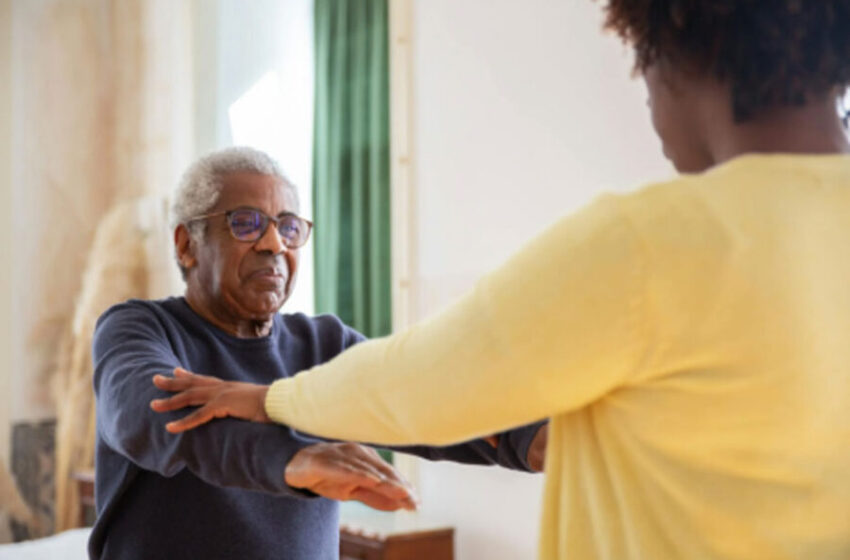Online GNP Programs: Myths and Realities in Senior Care

With the elderly population growing, we need more skilled workers in geriatric care. Geriatric Nurse Practitioners (GNPs) are necessary for giving focused and kind care to seniors experiencing more chronic diseases and conditions. Although online GNP programs make it simpler for nurses to focus on care for older adults, there are still some misconceptions. Here’s everything you need to know:
The Structure and Scope of Online GNP Programs
You can earn a Bachelor of Science in Nursing (BSN) or Master of Science in Nursing (MSN) with a specialization in geriatric nursing or adult-gerontology primary care after completing an online GNP program. Some subjects in the main curriculum are advanced physiology, pharmacology, thinking about diagnoses, and geriatric care for seniors. Many online programs include a variety of elements:
- You can view video lectures at any time
- Case-based learning
- Virtual simulations
- Clinical activities in nearby communities
Myths
There are some myths regarding online GNP programs. Let’s explore the real benefits of online programs for GNP and how they contribute to advancing care for the elderly.
1. Online GNP Programs Are Less Rigorous
A common belief is that distance learning GNP is simpler than studying GNP on a campus. This idea is completely wrong. Online geriatric nurse practitioner programs from accredited universities must follow the same rules as classroom-based ones. Among other topics, advanced pathophysiology, medication for older adults, chronic disease care, treating dementia, and palliative care are significant components of geriatric education.
In fact, numerous online learning apps rely on beneficial technologies, including virtual simulations, interactive studying, and live video lectures, to make learning more effective. On the contrary, it takes a lot of time management, discipline, and effort to succeed in these programs.
2. Technology Can’t Teach Compassion or Bedside Manner
Another myth is that online learning does not teach the human skills like empathy, strong communication, and cultural understanding needed for senior care. Even so, this fails to consider what digital education can truly do now.
Role-playing exercises, video consultations, peer reviews, and reflective journaling are usually features of online GNP training programs. With these skills, students can manage their emotions better and communicate well with their patients, especially older adults dealing with loneliness, loss, or decline of mental abilities.
3. Online Programs Are More Expensive
The expense may be a worry, but getting an online GNP degree can be less pricey than getting one in person. The use of online classes helps students reduce their expenses for travel, moving, and housing. Thanks to flexible options, many students are able to earn money and earn a degree at the same time. A number of online nursing programs give scholarships or special tuition discounts to nurses from rural and underserved communities, which helps create equality in the workforce.
4. Clinical Training is Insufficient in Online Programs
Another myth is that online students are not able to gain hands-on experience. Clinical work in online GNP programs must still be done in person, monitored by fully qualified supervisors. Students can usually work in hospitals, long-term care settings, home health services, or outpatient clinics, which are not far from them.
Endnote
Far from being inferior or inadequate, online GNP programs are strategically designed to meet the evolving demands of senior healthcare. As the need for elder care grows, online GNP education is not just a convenient alternative; it’s a powerful solution. By debunking these myths, we can better understand and support the role of online learning in building a compassionate, skilled, and accessible geriatric care workforce.





